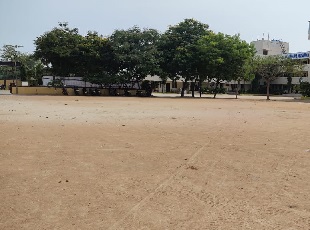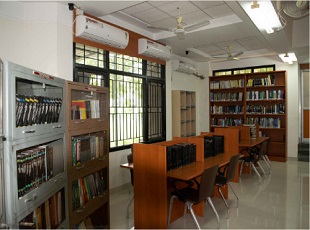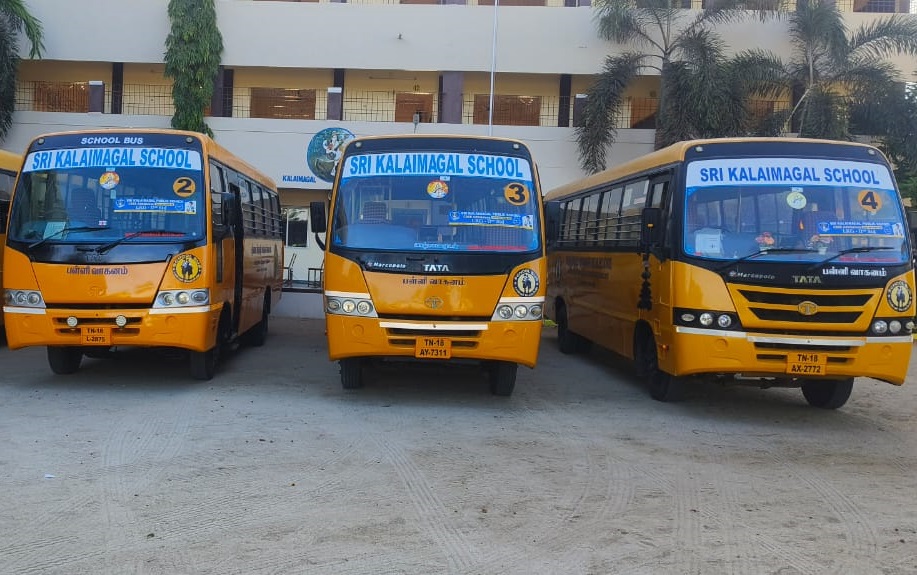FACILITIES
PHYSICS LAB
Equipped with advanced apparatus for practical experiments and demonstrations in physics.
Physics labs benefit students by providing hands-on learning experiences that reinforce theoretical concepts and by developing essential scientific skills such as experimental design, data analysis, and critical thinking.
CHEMISTRY LAB
Provides facilities for conducting chemical experiments and research.
Chemistry labs enhance critical skills such as experimental techniques, data analysis, and problem-solving. Students learn to handle chemicals safely, make precise measurements, interpret results, and draw conclusions based on evidence gathered during experiments.
BIOLOGY LAB
Supports hands-on learning with specimens and microscopes for biological studies.
Biology labs allow students to see biological principles in action, such as cellular processes, genetics, physiology, and ecology. This practical experience helps clarify abstract concepts and theories discussed in lectures.
COMPUTER LAB
Fully equipped with computers and internet access for computer science education and practical sessions..
Computer labs provide students with access to essential technological resources such as computers, software applications, and the internet. This access allows them to learn how to use various software tools, conduct research online, and develop digital literacy skills.
DIGITAL CLASS ROOM
Utilizes technology for interactive learning and multimedia presentations.
Digital classrooms provide flexibility in terms of scheduling and accessibility. Students can access learning materials and participate in classes from anywhere with an internet connection, allowing for asynchronous learning opportunities that accommodate diverse schedules and learning styles.
SPACIOUS GROUNDS
Ample outdoor space for sports activities, events, and recreational purposes.
Spacious grounds provide opportunities for recreational activities such as sports, games, and physical exercise. These activities promote physical health, teamwork, and social interaction among students.
LIBRARY
Libraries provide access to a wide range of resources, including books, journals, newspapers, magazines, and digital materials such as e-books and databases. This facilitates research, study, and learning across various subjects and disciplines.
ibraries support formal education by providing resources that supplement classroom learning. Students can find textbooks, reference materials, study guides, and academic journals that aid in research and deepen their understanding of academic subjects.
TRANSPORT
Ensuring that vehicles used for transporting children to school meet safety standards and are regularly inspected for maintenance and safety checks. This includes school buses, vans, or any other mode of transportation used.
Providing appropriate safety equipment such as seat belts, child safety seats, or booster seats as required by law and recommended for the age and size of the children being transported.







